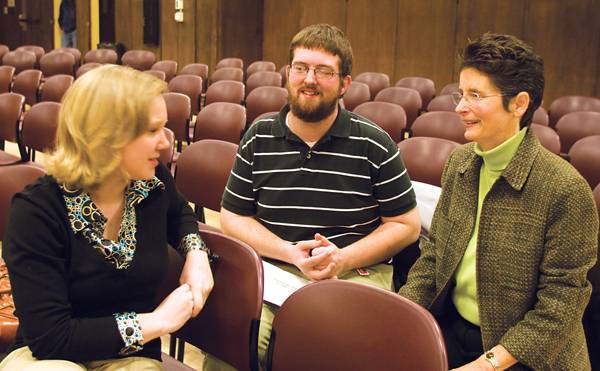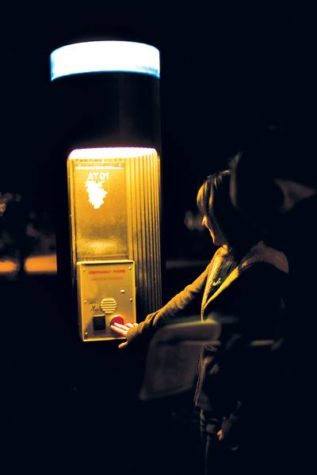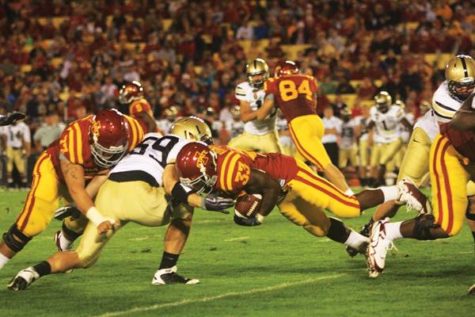Lecture discusses the need for campus conversations

Pilar Macek, senior in integrated studio arts and Tom Vance, senior in journalism and mass communication chat with Kathy Obear before Obear gave her lecture “Civility on Campus in the Sunroom of the Memorial Union on February 5, 2009. Obear’s lecture focused on helping students to improve their communication skills and she will also be participating in the Social Justice Summit on Friday, February 6. Photo: Valerie Allen/Iowa State Daily
February 5, 2009
Along with changing demographics in Ames comes a need for an increase in civility on campus.
Kathy Obear, president of the Alliance for Change Consultants, delivered a lecture Thursday night that focused on a core question to life in the 21st century — Are we truly acting as a civil group of people?
“I’m here to give you reflections and techniques, based on life experience, on how to be more civil towards yourself and others,” Obear said.
There was a large amount of interaction between Obear and the audience of approximately 30 people. Discussion was held on responses to inappropriate remarks, and a large amount of Obear’s PowerPoint talking points were about balancing multiple perspectives and putting a face on the issue.
“We often hear of people complaining that they are tired of hearing about diversity and inclusion,” Obear said. “This shows that, as a society, we aren’t even close to making the amount of changes we need to get to the vision of civility we want.”
Warren Blumenfeld, assistant professor of curriculum and instruction, said he has encountered resistance for being openly gay, and said that the bigger cause of resistance to him and other groups of people was just a simple failure to communicate.
“There are issues of misunderstanding between different groups of people, and many people try to swim mainstream and cut around issues of diversity,” Blumenfeld said. “People should try to establish a dialogue.”
Cory McDermott, graduate student in civil, construction and environmental engineering, is trying to jump start a group called ISU Discourse, which he said will help anyone that wants to practice responses to situations where people might feel disrespected.
“Those kinds of issues pop up in businesses everywhere, whether they like it or not,” he said. “It’s good for people to practice responses to them.”
Obear has been president of the Alliance for Change Consultants for 15 years, and started her presentation by admitting that she hasn’t always followed her own message, using a piece of advice from one of her mentors.
“I remember hearing that what I need to do to make a difference is to smile and greet people I don’t know,” she said. “I made it a habit, and I don’t know if it makes a difference to them, but I do know that I’m changing, bumping into stereotypes and fears, and I have much more tolerance and acceptance because of that.”
Blumenfeld said talks like this need to happen, especially considering the change that most towns in Iowa are undergoing.
“Even the small towns in this state are undergoing changes in demographics,” he said. “If for no other reason than that, we need to be a welcoming state.”









